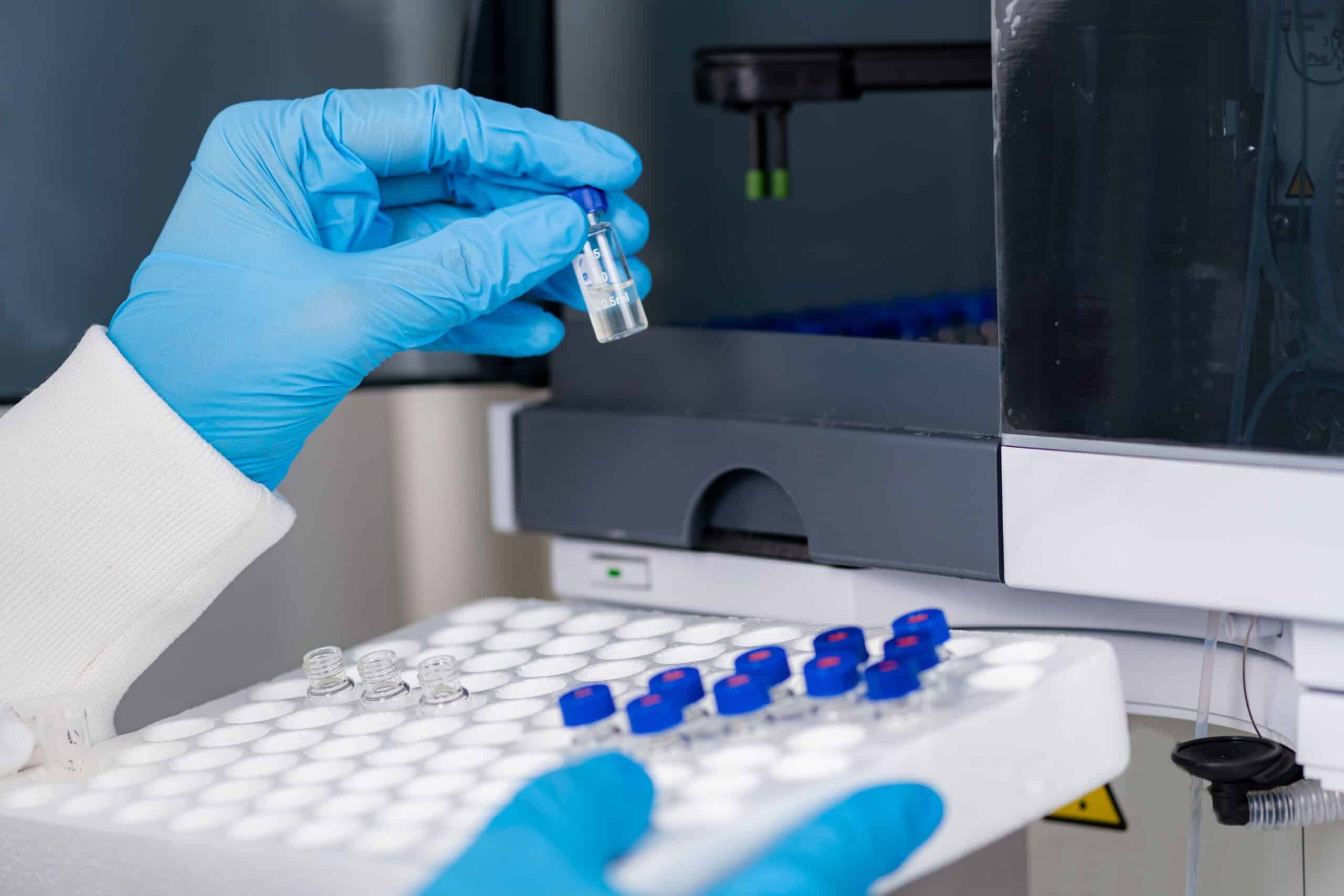Free Consultation
Free Consultation

Pharmaceutical drugs have revolutionized modern medicine, providing critical treatments and improving the quality of life for countless individuals. However, the consequences can be devastating when these drugs cause harm, unexpected side effects, or fail to deliver the promised benefits.
In such cases, it becomes necessary to address the question of accountability. Personal injury cases involving pharmaceutical drugs fall under drug liability, which aims to hold pharmaceutical companies responsible for the injuries and damages caused by their products.
The pharmaceutical industry operates under stringent regulations and standards to ensure the safety and efficacy of its products. Despite rigorous testing and approval processes, some drugs may still pose unforeseen risks or harbor defects that can harm unsuspecting individuals. The consequences of pharmaceutical drug-related injuries can be life-altering, whether due to manufacturing errors, design flaws, or inadequate warnings.
When individuals suffer harm from pharmaceutical drugs, they face physical, emotional, and financial challenges. Medical expenses pile up, earning capacities may be compromised, and the pain and suffering can be immeasurable. Exploring avenues that hold pharmaceutical companies accountable for their actions or negligence is essential in such circumstances.
Drug liability refers to the legal responsibility of pharmaceutical companies for injuries or harm caused by their products. This liability can arise from various factors, including manufacturing defects, design flaws, inadequate warnings or instructions, or failure to conduct proper clinical trials. When a pharmaceutical drug causes harm, individuals who have suffered injuries may have the legal right to pursue compensation through a personal injury lawsuit.
There are three primary types of drug liability claims that individuals can pursue:
To hold pharmaceutical companies accountable, plaintiffs in drug liability cases can rely on different legal theories, including:
Successful drug liability cases can result in compensation for various types of damages, including:
Regulatory agencies, such as the Food and Drug Administration (FDA), play a crucial role in monitoring the safety and efficacy of pharmaceutical drugs. However, it’s important to note that FDA approval does not absolve pharmaceutical companies of liability. The agency’s approval process evaluates the drug’s overall benefits and risks based on the available data at the time. New side effects or risks may emerge after a drug is on the market, leading to liability claims.
Navigating drug liability personal injury cases can be complex and challenging. It is highly recommended to seek the guidance of an experienced personal injury attorney with expertise in pharmaceutical litigation. An attorney can assess the merits of your case, gather evidence, navigate legal processes, and negotiate with pharmaceutical companies or their insurance providers on your behalf.
Pharmaceutical drugs have the potential to improve the lives of patients significantly. However, when these drugs cause harm or unexpected side effects, it is crucial to hold pharmaceutical companies accountable. Drug liability personal injury cases provide a legal avenue for individuals to seek compensation for their injuries and losses. By understanding the types of drug liability claims, legal theories of liability, and the compensation available, victims of pharmaceutical drug-related injuries can pursue justice.
If you believe a pharmaceutical drug has harmed you, consult a reputable personal injury attorney specializing in drug liability cases. They can guide you through the legal process, fight for your rights, and help you seek the compensation you deserve. Together, let’s ensure that pharmaceutical companies prioritize their products’ safety and protect patients’ well-being.